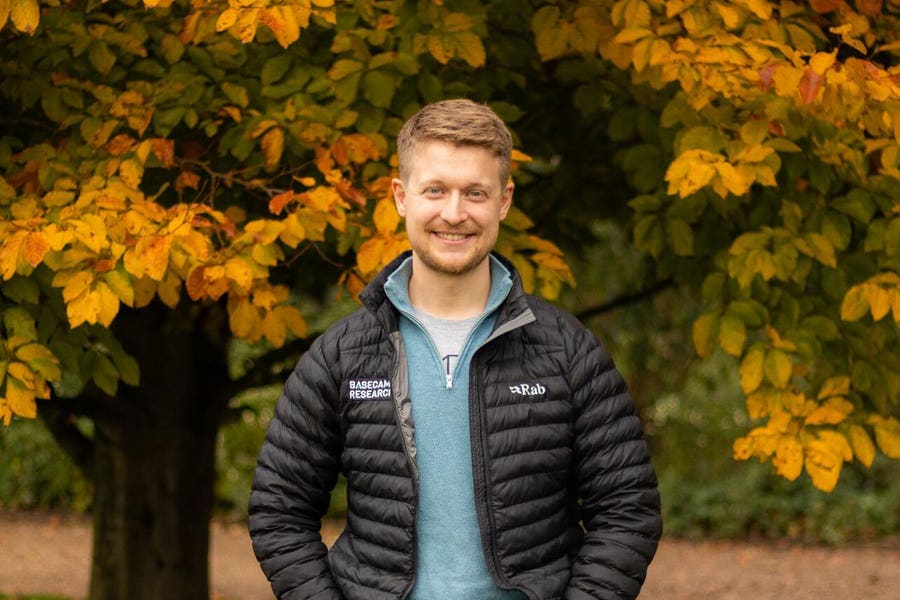An engine developed by DeepMind, Google’s AI laboratory, brought a groundbreaking revolution to the field of biology upon its release in 2018. Known as AlphaFold, this sophisticated system was acclaimed for its ability to accurately predict protein structures. Understanding the intricate process of protein folding is crucial in various biotechnological applications, ranging from enhancing food flavors to developing resilient crops capable of withstanding climate change and combating cancer. Since its inception, AlphaFold, along with its successor AlphaFold2 and other essential components, has provided researchers in biotechnology with a valuable toolkit comprising hundreds of millions of protein structures.
Despite its pivotal role in advancing the economy, AlphaFold is not without limitations. Researchers are still striving towards the ultimate goal in chemical science, where an AI model can autonomously determine the optimal protein folding configurations or even create entirely new proteins from scratch.
A recent announcement by scientists at Basecamp Research in London signifies a significant step closer to this ambitious objective. Leveraging AlphaFold 2’s open-source algorithms, Basecamp has developed BaseFold, an AI model trained on a vast dataset, capable of predicting protein structures with superior precision compared to AlphaFold2. Moreover, Basecamp revealed a strategic collaboration with Nvidia to enhance BaseFold for integration with BioNeMo, Nvidia’s innovative AI system tailored for drug discovery.
According to Glen Gowers, the CEO of Basecamp, the program demonstrates a twofold enhancement in predicting changes in protein structures when they interact with small molecules, a critical aspect of the drug discovery process. The organization has published a paper on the preprint server bioRxiv detailing its results, although they are yet to undergo peer review. Basecamp has garnered substantial funding, raising a total of \(25 million and currently boasting a valuation of \)71 million, as reported by PitchBook.
Gowers, aged 29, envisions the software as a significant stride towards his ultimate aspiration of designing proteins or even new species tailored to meet diverse user needs. Emphasizing the broader applicability of their technology beyond protein frameworks, Gowers envisions its utilization in tasks such as protein function modeling, novel protein synthesis, and even chromosome engineering.
The genesis of Basecamp traces back to a unique experience in Iceland, where Gowers and fellow researchers spent a quarter off-the-grid in 2019. Immersed in a setting juxtaposing glaciers and hot springs, they embarked on sequencing the genomes of pathogens adapted to extreme temperatures. The data they amassed highlighted the vast realm of uncharted proteins, underscoring the limitations of publicly available genetic data used to train AlphaFold.
Given the complexity of factors influencing protein behavior, direct calculation of protein folding configurations is exceedingly challenging due to the sheer volume of protein data. However, machine learning models trained on extensive datasets can unveil patterns that elucidate the folding mechanisms of proteins.
Analogous to advancements in AI chatbot technology, the efficacy of predicting protein folding benefits from training models on diverse and extensive genetic datasets. Basecamp’s concerted efforts in diversifying the protein data for training have involved collaborations with researchers worldwide to sequence high-quality genetic information from millions of microbial species. This inclusive approach encompasses gathering environmental data to enrich the AI’s understanding of protein folding mechanisms.
Basecamp has already begun monetizing its predictive modeling capabilities by addressing customer challenges, such as collaborating with Colorfix to develop eco-friendly fabric dyes and assisting Protein Evolution in creating molecules for plastic degradation and recycling. Future endeavors include leveraging their computational expertise to innovate novel medicines in partnership with pharmaceutical companies.
Acknowledging the need for sustained growth, Gowers anticipates Campfire’s forthcoming fundraising efforts to remain competitive in the evolving landscape. The pursuit of groundbreaking concepts and designs, particularly with vast datasets, entails substantial financial investments.










